14 GPTs for Healthcare Policy Powered by AI for Free of 2025
AI GPTs for Healthcare Policy are advanced computational tools powered by Generative Pre-trained Transformers (GPTs) technology, designed to address, analyze, and provide solutions within the healthcare policy domain. These AI models leverage vast amounts of healthcare policy data to generate insights, draft policies, and offer recommendations. Their relevance stems from the ability to process and interpret complex healthcare policy environments, making them invaluable for stakeholders aiming to navigate and impact health policy effectively.
Top 10 GPTs for Healthcare Policy are: DoctorGPT,Evidence-Based Practice,Pubmed,PubMed Query Assistant,Minden Paper: ER Closure Analyst,NEJM GPT,診療報酬改定BOT(20240214),Answer anything about SELECT trial,AIOS GP GPT,HealCAM
DoctorGPT
Empowering Medical Knowledge with AI

Evidence-Based Practice
AI-Enhanced Clinical Decision Insight

Pubmed
Empowering your research with AI-driven insights.

PubMed Query Assistant
Your AI-Powered Pathway to Precision PubMed Searches
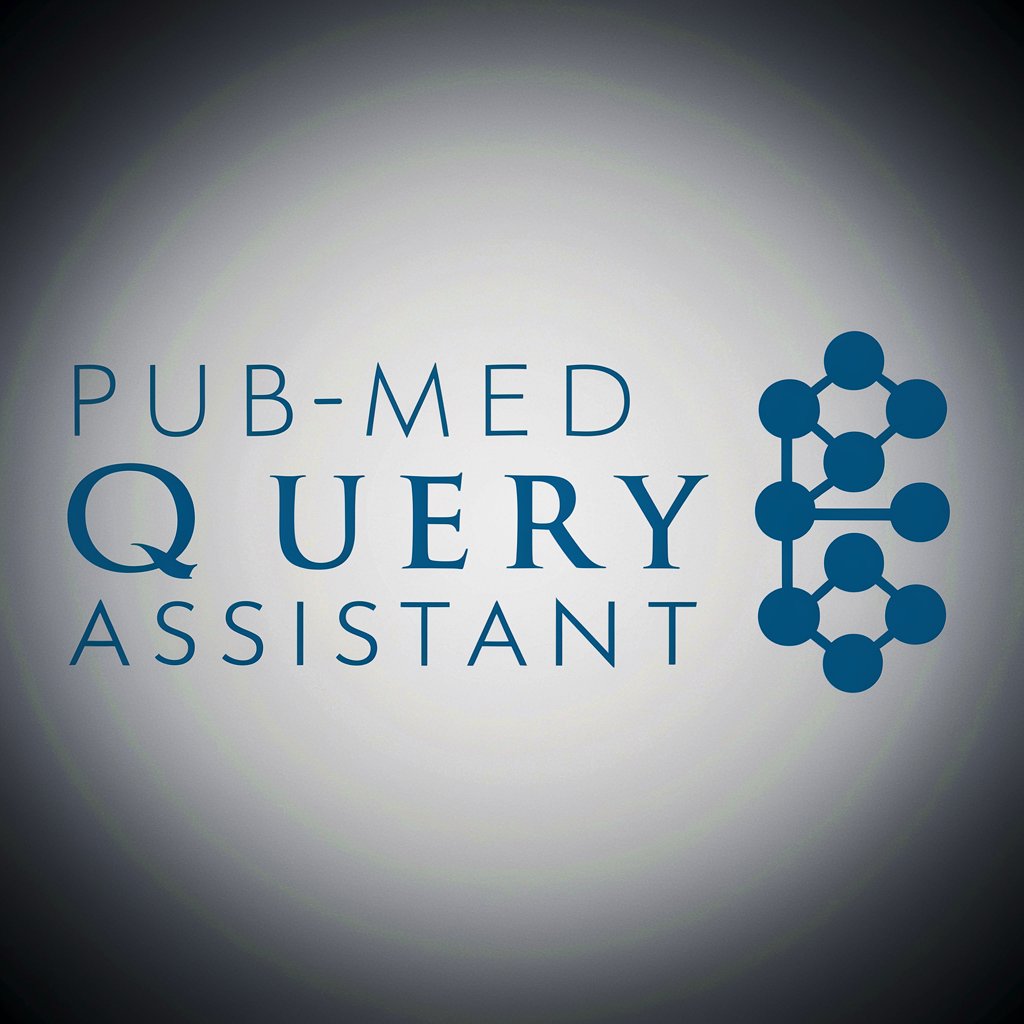
Minden Paper: ER Closure Analyst
AI-powered insights for healthcare governance.
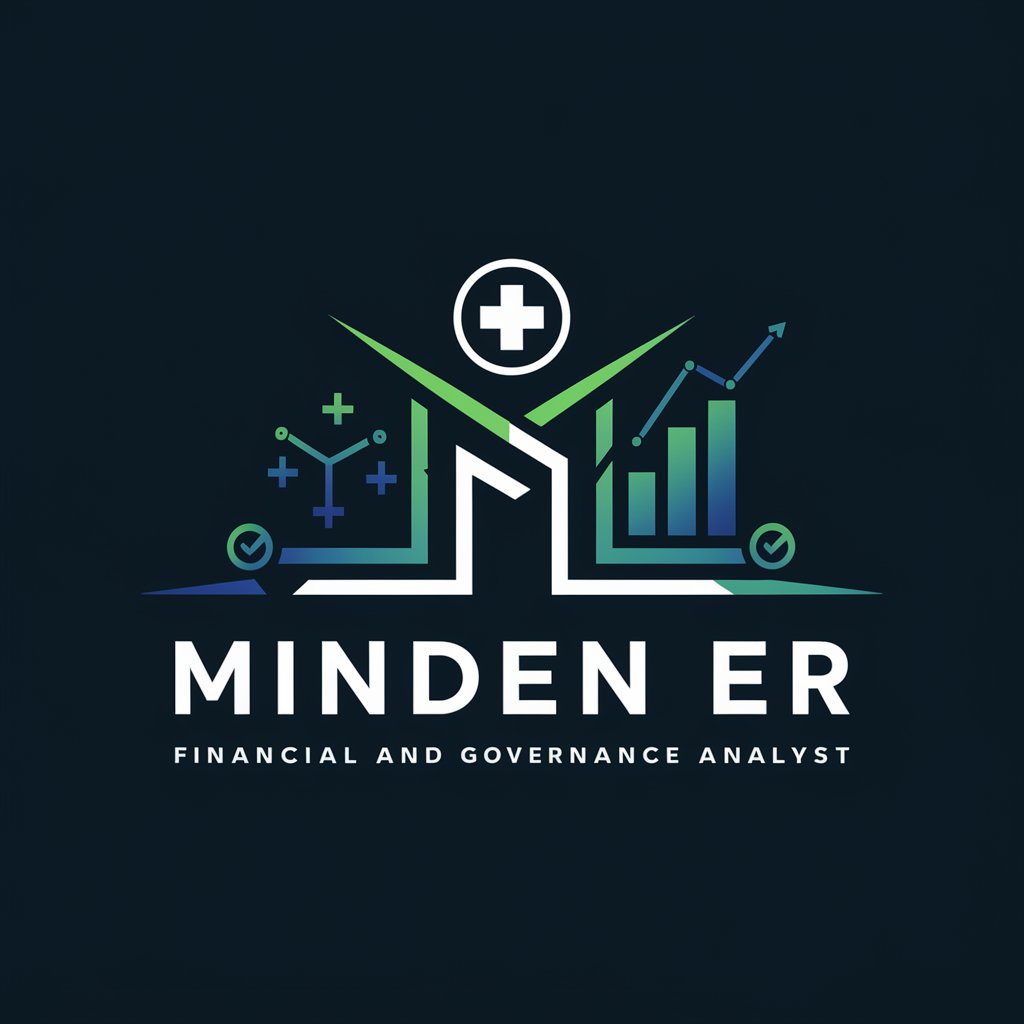
NEJM GPT
AI-Powered Expertise from NEJM at Your Fingertips
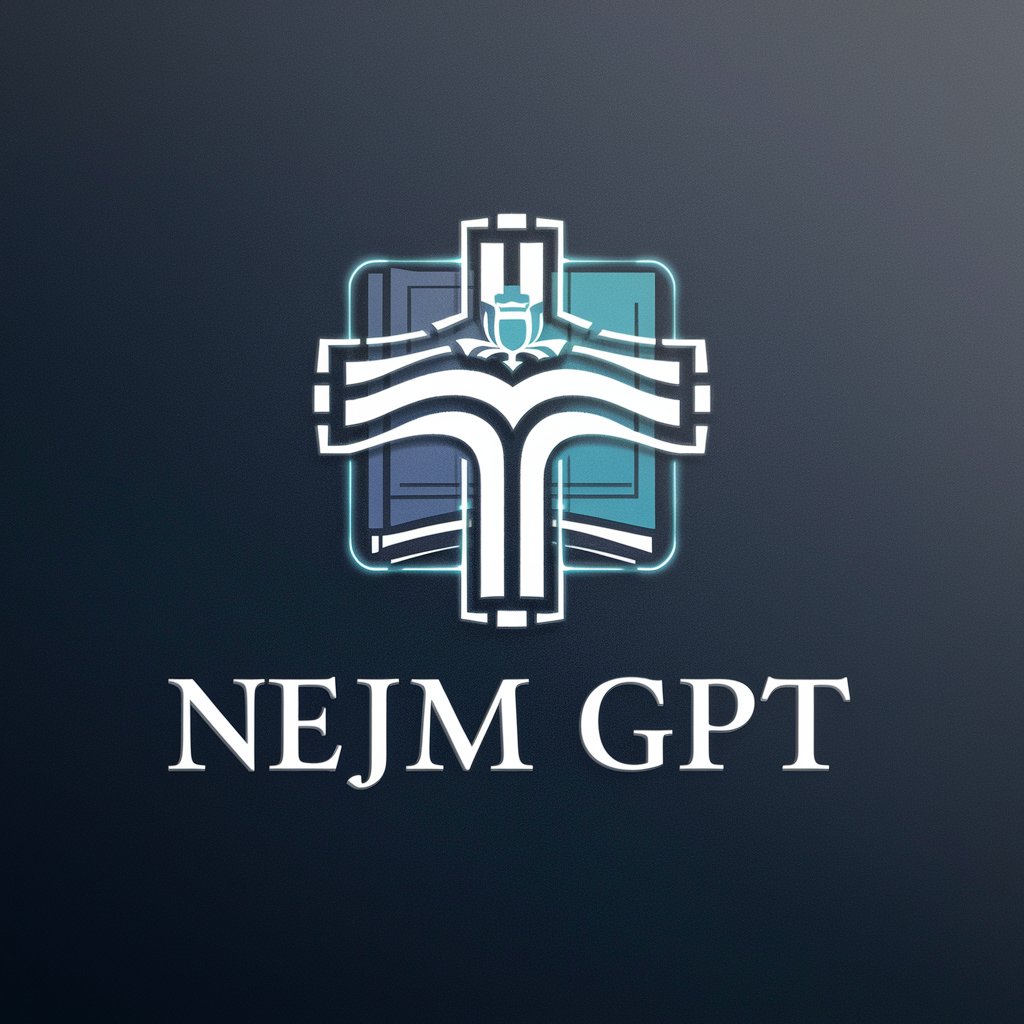
診療報酬改定BOT(20240214)
Empowering healthcare insights with AI
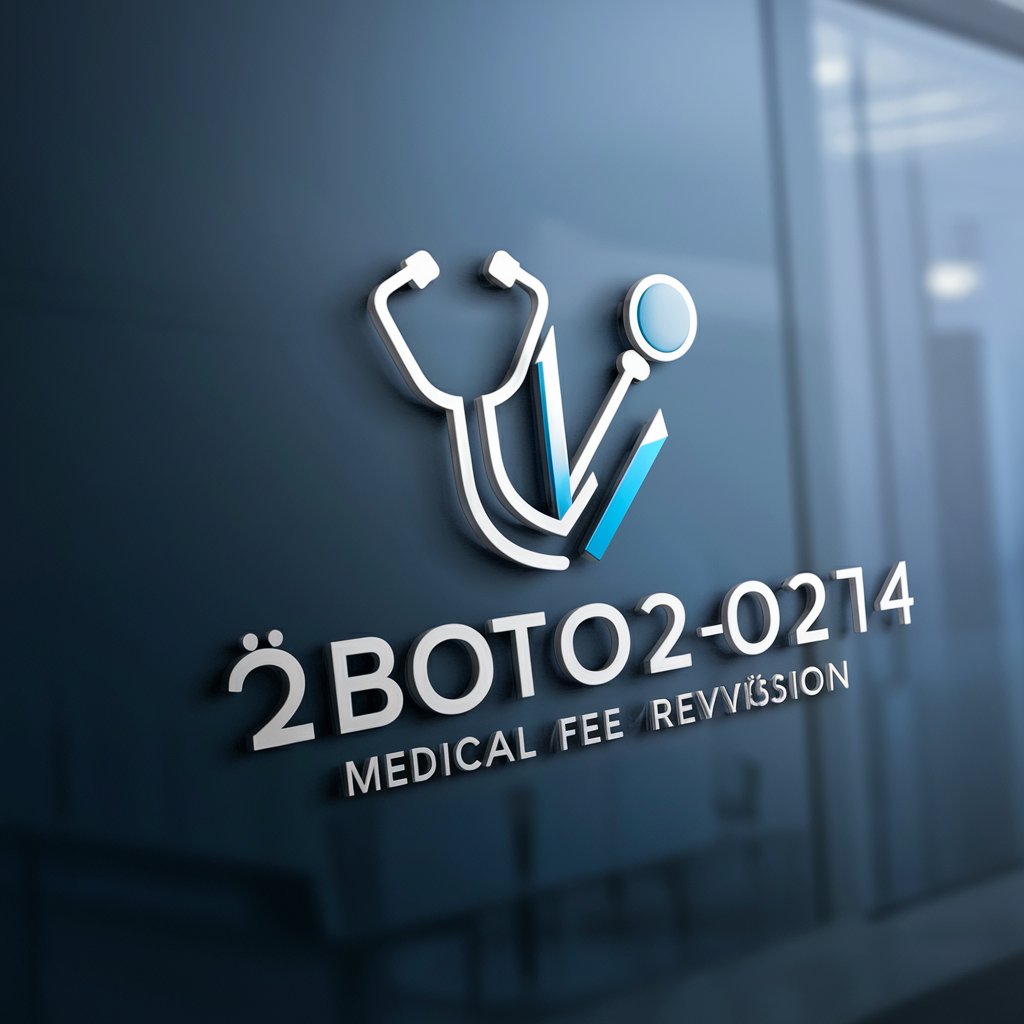
Answer anything about SELECT trial
Unlocking Cardiovascular Insights with AI
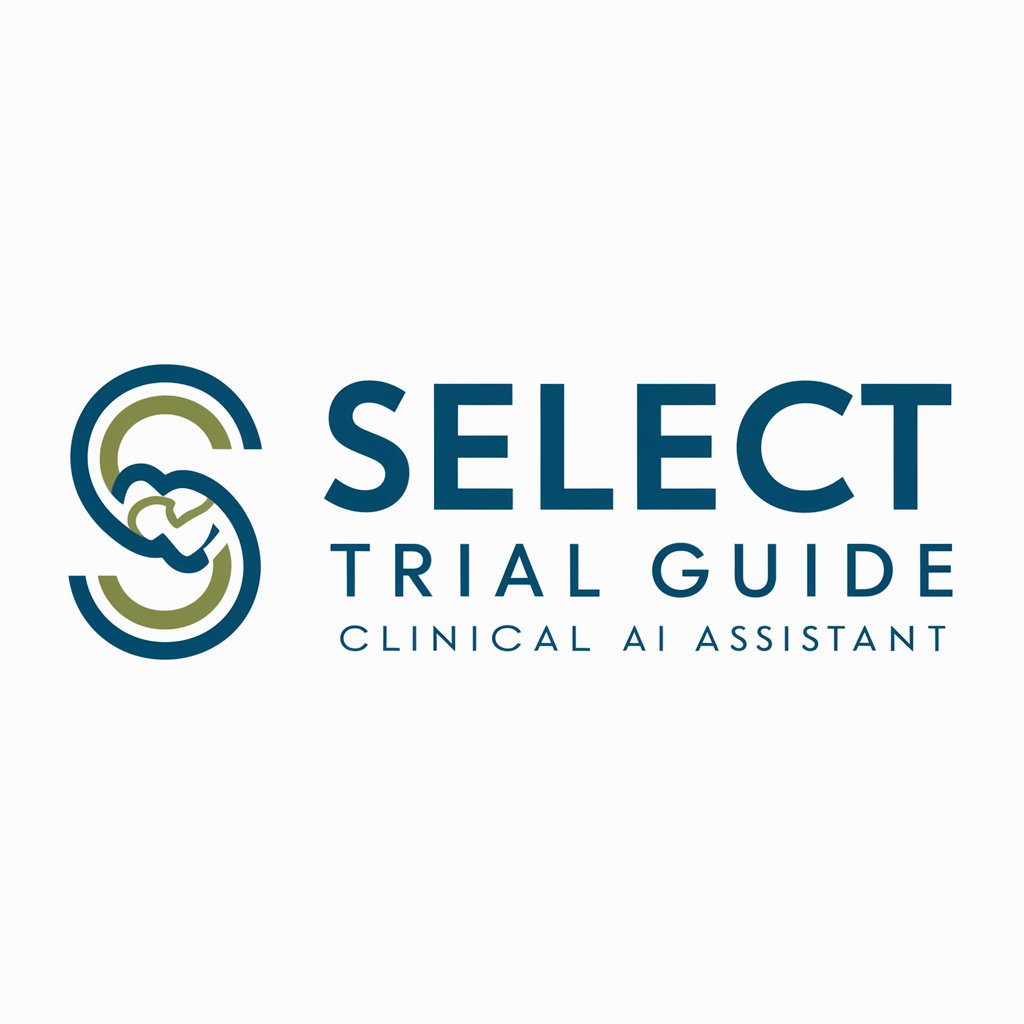
AIOS GP GPT
Empowering health decisions with AI
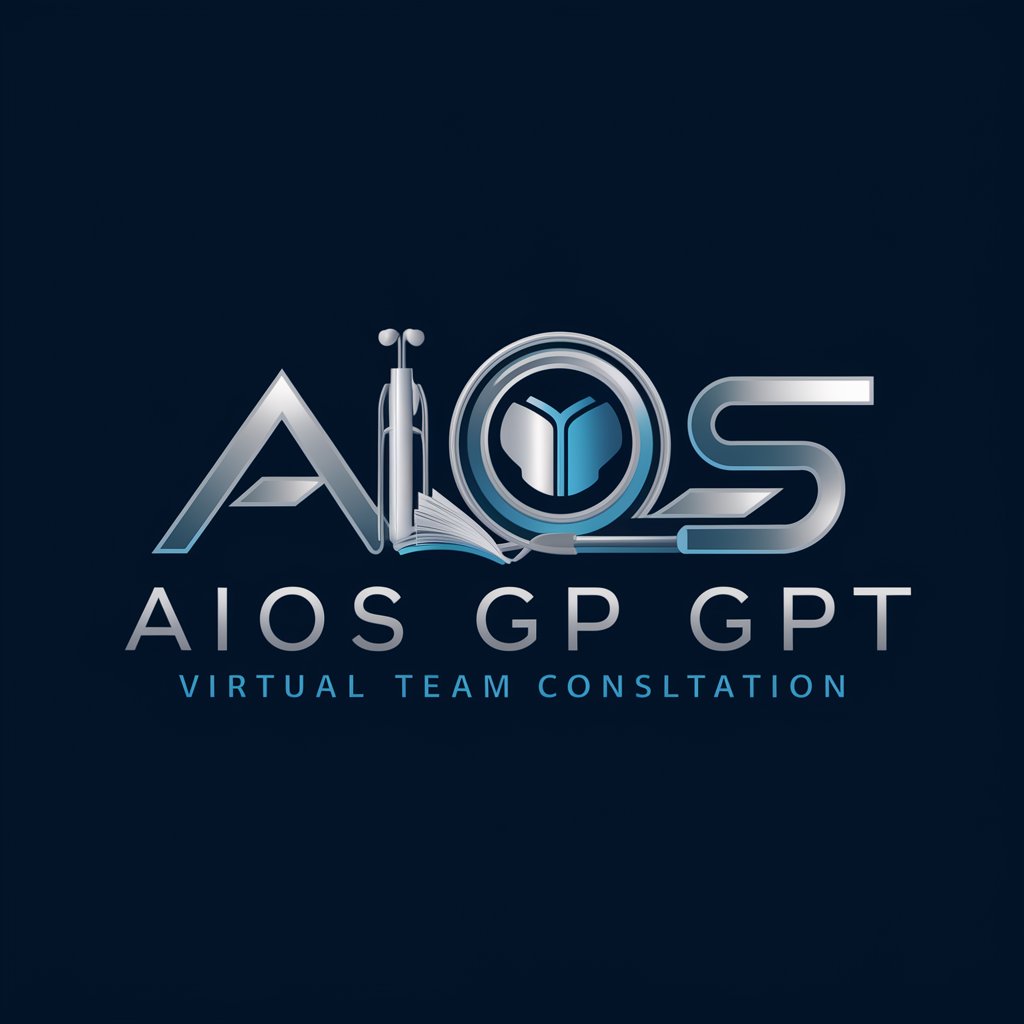
HealCAM
Empowering Health Decisions with AI
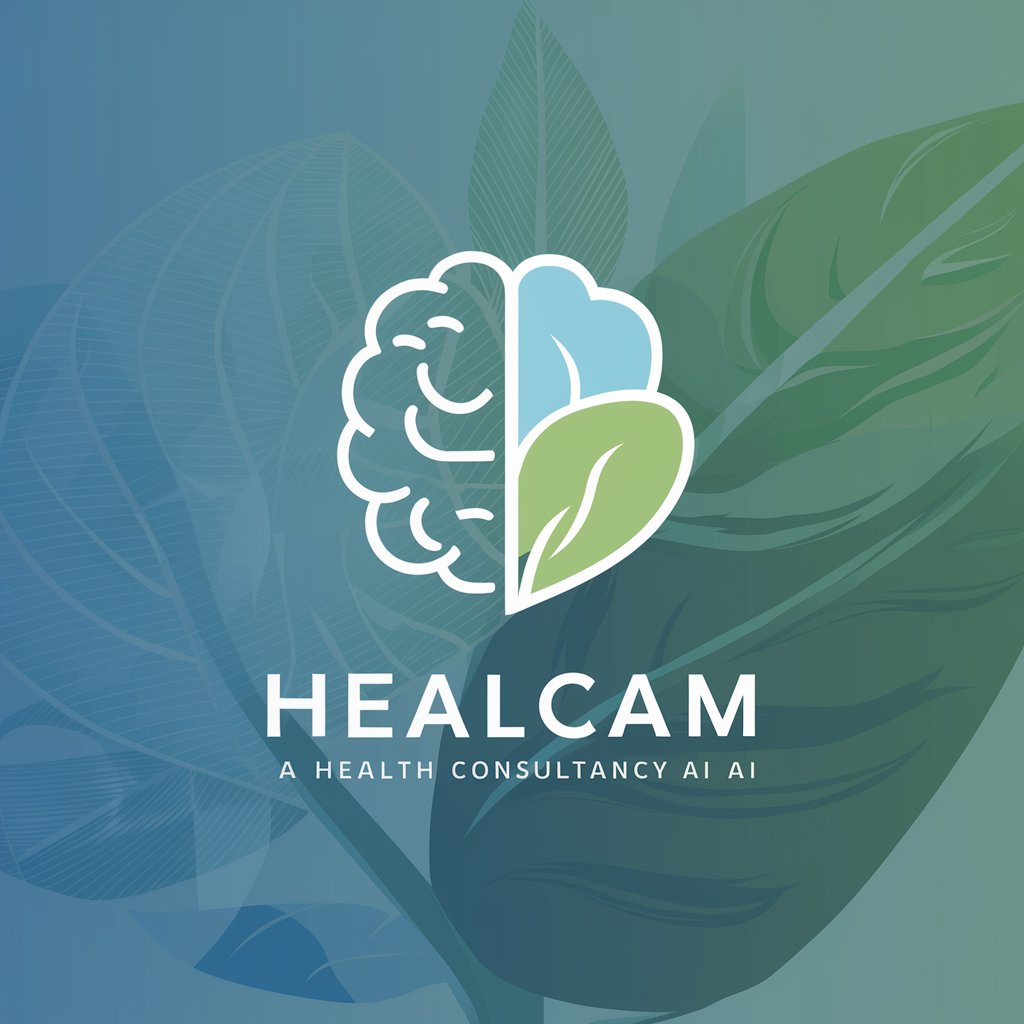
Medical Industry Customer Service
Empowering healthcare decisions with AI

MedigateNews
Empowering Healthcare Professionals with AI-Driven Insights

【第3章】社会の理解_31-40
Empowering Caregivers with AI
Sciences et Techniques Médico-Sociales
Empowering understanding with AI-driven medico-social education.

Key Attributes of Healthcare Policy AI Tools
AI GPTs for Healthcare Policy stand out for their adaptability and comprehensive analytical capabilities. These tools can interpret and generate complex policy documents, perform sentiment analysis on healthcare legislation, and predict the impact of policy changes. Special features include natural language processing for digesting policy-related texts, technical support for healthcare policy research, enhanced web search for up-to-date information, image creation for visual representations of data, and advanced data analysis for identifying trends and outcomes in health policies.
Who Benefits from Healthcare Policy AI?
The primary beneficiaries of AI GPTs for Healthcare Policy include policymakers, healthcare professionals, researchers, and advocacy groups. These tools are accessible to novices in the field, offering user-friendly interfaces for those without coding skills. Additionally, they provide powerful customization options for developers and professionals with programming expertise, allowing for tailored solutions that meet specific policy analysis needs.
Try Our other AI GPTs tools for Free
Christian Meditation
Discover how AI GPTs for Christian Meditation can transform your spiritual practice with personalized, scripture-based meditations and guided prayers.
Contemplative Prayer
Explore how AI GPTs for Contemplative Prayer can transform your spiritual practice with personalized, tech-enhanced guidance and resources.
Biblical Integration
Discover AI GPTs for Biblical Integration: Tailored AI tools designed to enrich your understanding and engagement with the Bible through advanced technology.
Document Editing
Unlock the power of AI for document editing with GPTs, designed to streamline and enhance your writing process through intelligent, adaptable, and user-friendly tools.
Creature Design
Unlock the full potential of your creativity with AI GPTs for Creature Design. Explore, design, and visualize fictional creatures like never before.
Product Evaluation
Explore the future of product evaluation with AI GPTs, offering unparalleled insights through advanced analysis and tailored recommendations for every market need.
Expanding Horizons with AI in Healthcare Policy
AI GPTs offer a paradigm shift in healthcare policy analysis and decision-making. Their ability to integrate with existing systems and workflows, coupled with user-friendly interfaces, allows for seamless adoption across sectors. These tools not only enhance policy formulation and analysis but also empower stakeholders with actionable insights, promoting informed policy development and implementation.
Frequently Asked Questions
What are AI GPTs for Healthcare Policy?
AI GPTs for Healthcare Policy are specialized AI tools that utilize generative pre-trained transformers to analyze, interpret, and provide recommendations on healthcare policies.
How can AI GPTs impact healthcare policy?
These tools can significantly impact healthcare policy by offering detailed analysis, predicting policy outcomes, and generating data-driven recommendations to inform policy decisions.
Can non-technical users utilize these AI GPTs?
Yes, these AI tools are designed with user-friendly interfaces that enable non-technical users to access complex analyses and insights without needing coding skills.
What makes AI GPTs unique in the healthcare policy domain?
Their adaptability, ability to process complex policy documents, and features like natural language processing and data analysis tailor AI GPTs uniquely for the healthcare policy domain.
Are there customization options for developers?
Yes, developers can customize these tools to suit specific healthcare policy analysis needs, thanks to their programmable interfaces and extensive libraries.
How do AI GPTs stay updated with current policies?
AI GPTs use advanced web searching capabilities to continuously monitor and analyze the latest healthcare policies, legislation, and related documents.
Can these tools predict the outcomes of policy changes?
Yes, through data analysis and trend identification, AI GPTs can predict potential outcomes and impacts of proposed policy changes.
What kind of support is available for using AI GPTs in healthcare policy?
Users can access technical support for setup and customization, along with resources and documentation to guide the analysis of healthcare policies.